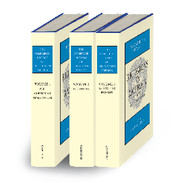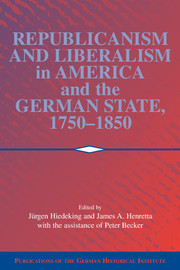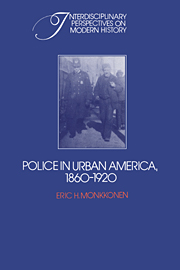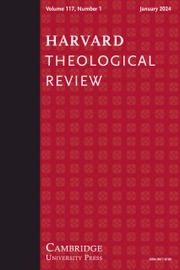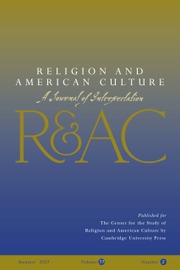Knowledge and Belief in America
The Enlightenment values of individual autonomy, democracy, and reason conflict with the religious traditions of community, authority, and traditional learning. Yet in American history the two heritages have been intertwined since the colonial era. This volume unites the work of theologians, historians, literary critics, and philosophers to explore the interaction between Enlightenment ideals and American religion. The essays focus on the Enlightenment's effect on the major religious traditions and explore religion in the thinking of such representative figures as Edwards, Emerson, Lincoln, Santayana, Stevens and Eliot.
- Deals with a subject rarely treated and never before studied in so full a form
- A topic of large and current political significance in America
- Written by a very distinguished group of theologians, historians, literary critics and philosophers
Reviews & endorsements
"There are few books that so well capture the importance of Enlightenment assumptions for contemporary American religious discourse as this volume does. Highly recommended." The Reader's Review
"This volume deserves serious attention. It deepens our understanding of American Enlightenment and religious tradition." Derek S. Jeffreys, Anglican Theological Review
Product details
September 1995Hardback
9780521550116
374 pages
235 × 161 × 34 mm
0.695kg
Available
Table of Contents
- Introduction
- Part I. Enlightenment and Religious Traditions:
- 1. Knowledge and belief in American public life
- 2. Enamored against thee by these strange minds: recovering the relations between the Enlightenment in nineteenth- and twentieth-century American literary culture
- 3. The rise and long life of the Protestant Enlightenment in America
- 4. American Catholicism and the Enlightenment ethos
- 5. Organizing the past
- Part II. Enlightenment and Representative Figures:
- 6. Puritanism and Enlightenment: Edwards and Franklin
- 7. Emerson's constitutional amending: reading 'fate'
- 8. Lincoln and modernity
- 9. Stuck between debility and demand: religion and Enlightenment traditions among the pragmatists
- 10. Wallace Stevens, T. S. Eliot, and the space between them
- Part III. The End of the Enlightenment:
- 11. The Enlightenment is not over
- 12. Modernity, anti-modernity, and post-modernity in the American setting
- 13. Are we beyond the Enlightenment horizon?


